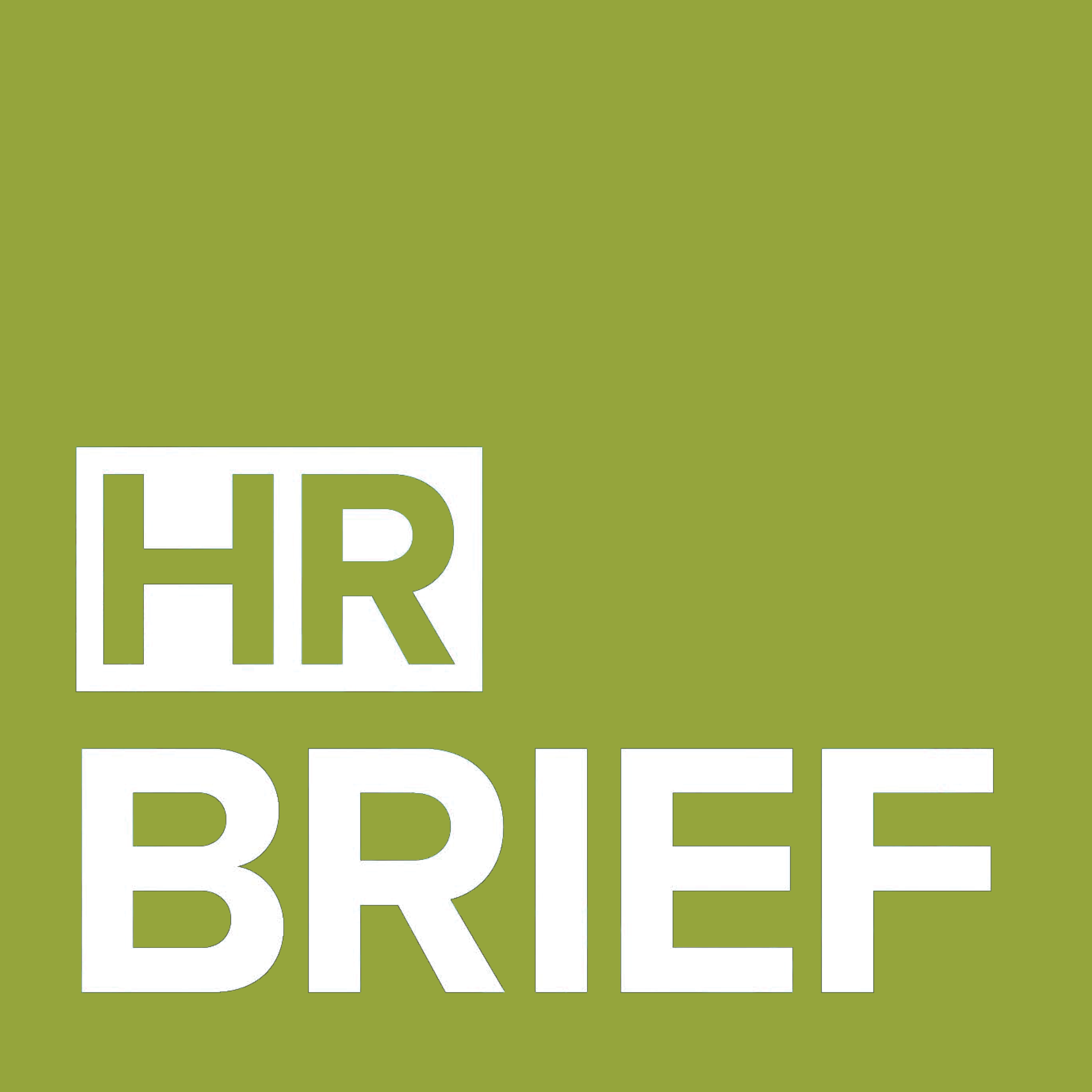
OSHA Clarifies COVID-19 Reporting Requirements
The Occupational Safety and Health Administration (OSHA) has published two additional answers to its list of COVID-19 frequently asked questions (FAQs). The new answers clarify when employers must report COVID-19 in-patient hospitalizations and fatalities.
Reporting Hospitalizations OSHA requires employers to report in-patient hospitalizations only if the hospitalization occurs within 24 hours of an exposure to COVID-19 in the workplace. As a result, employers must report COVID-19 hospitalizations only if the hospitalizations are:
- For in-patient treatment; and
- The result of a work-related case of COVID-19.
The report must be submitted within 24 hours of the time the employer determines there was an in-patient hospitalization caused by a COVID-19 case.
Hospitalization for diagnostic testing or observation only is not “in-patient” hospitalization.
Reporting Fatalities
OSHA requires employers to report fatalities that occur within 30 days of an exposure to COVID-19 in the workplace.
Employers must submit fatality reports within eight hours of learning that the fatality took place and that it was due to a work-related exposure.
Recording Requirements
These FAQs address only reporting requirements for COVID-19. Employers can review their COVID-19 recording requirements on OSHA’s website.
Preventing Workplace Gossip During a Crisis
Gossip is a reality in many workplaces and, when not adequately addressed, can impact company culture and employee morale. During a crisis, such as the coronavirus (COVID-19) pandemic, leaders are challenged with maintaining positive employee morale while addressing current realities.
Employees know that a crisis can cause disruption, and they want to be aware of both the current and future impact of a crisis. These impacts can include:
- What changes will take place at their workplace
- The potential for layoffs or furloughs, if any
- If and how long work-from-home measures will be in place
- Any potential impact on total rewards
Should leaders fail to address their concerns, gossip can begin to serve as a source for employees seeking up-to-date information.
Employer Takeaway
Effective communication can help address employee concerns, reducing the risk of employees spreading or listening to rumors and gossip. To mitigate gossip, tips for employers include:
- Address employee concerns transparently.
- Use communication channels that reach all employees.
- Equip managers with the knowledge to effectively discuss employee concerns.
- Set expectations for employees.
- Consider why gossip is occurring.
Every workplace is different, and employers should consider how communication initiatives will resonate with their employees. For more employee relations resources, contact Seubert & Associates, Inc. today.

Operation Safe Driver Week
Operation Safe Driver Week is an annual seven-day initiative created by the CVSA to help

7/17 Panel Recap & Financial Insights
Stepping into summer 2024, the insurance landscape continues to present challenges and opportunities for businesses

Employee Spotlight: Adam Knapp
Seubert welcomes Adam Knapp to the agency’s Commercial Lines Division as a Technical Account Manager.
